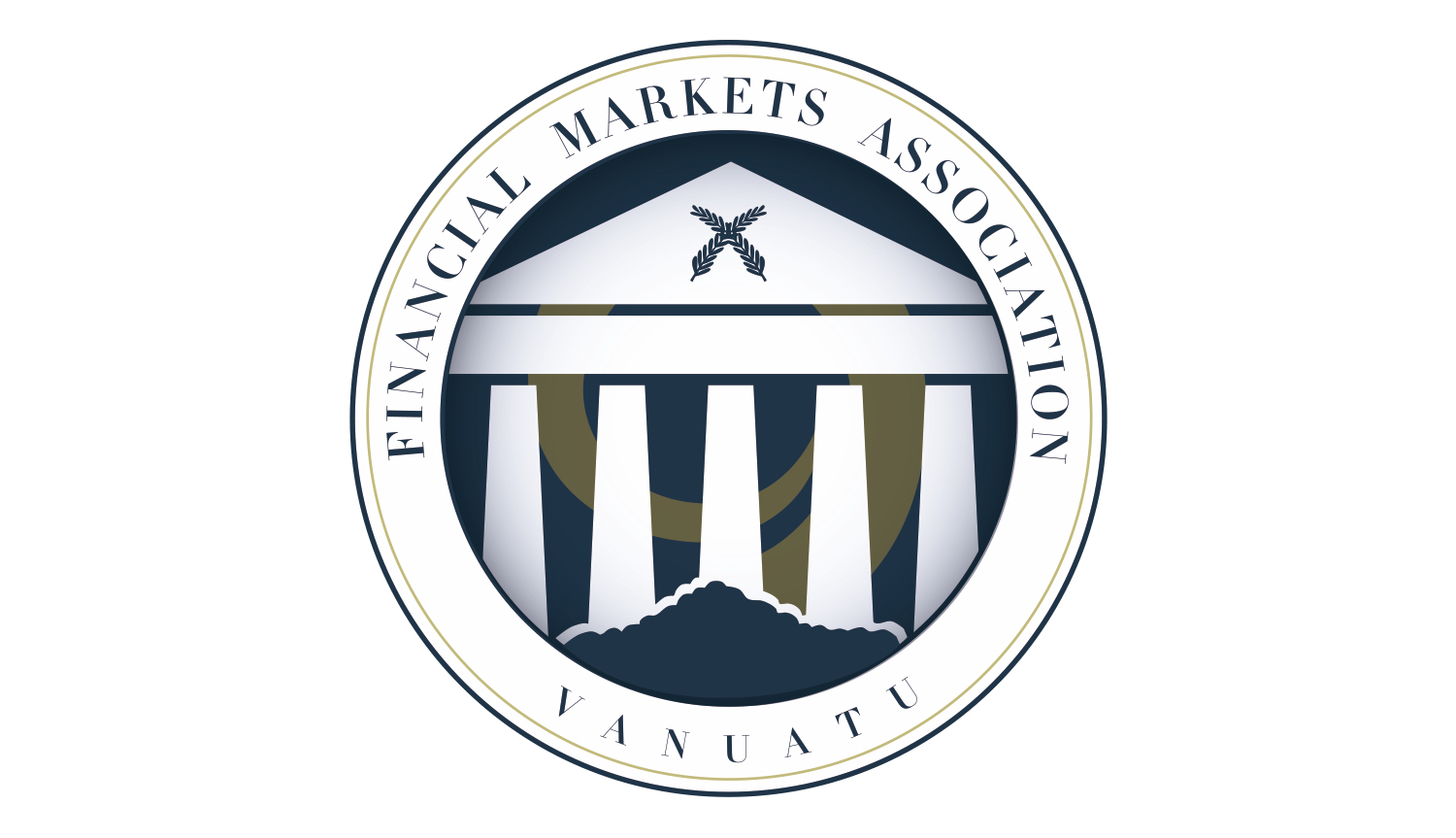By allowing the trade of digital assets on its shores, Vanuatu just equipped itself with a crucial tool for sustainable economic growth, according to the Financial Markets Association (FMA) which represents the country’s financial dealers.
On July 22, 2021, Vanuatu propelled itself in the future of financial services by becoming the latest jurisdiction to insert the words “digital asset” in its legislation.
The now gazetted amendment voted by Parliament into the Financial Dealers Licensing Act now authorizes the “service of distribution, secondary trading, custodial storage, provision of investment advice or other services in relation to digital assets.”
This applies to either local and international companies who are granted a Financial Dealer License (FDL) by the Vanuatu Financial Services Commission (VFSC).
This is the case for the 12 members of the FMA; in addition to traditional assets such as stocks, commodities or currencies, they will now be able to meet the growing global demand for trading services in relation to digital assets.
Digital assets are gaining traction in recent years for their capacity to be traded safely and efficiently through a distributed ledger that all market participants can trust, such as the blockchain technology.
These virtual tokens can be used to represent land, commodities, debt, equity or other financial instruments and derivatives, but their most famous application is currencies.
FMA salutes forward-looking leadership
“This is a huge opportunity for our industry and it comes just at the right time for us to take the lead on the world stage, before other jurisdictions make their move”, said Martin St-Hilaire, President of the FMA and Managing Director of Titan FX, a FDL-holding company with 20 employees in Port Vila.
“By opening this whole new market for our members, political leaders demonstrated their far-sightedness.
“They understand that knowledge industries like ours are key in bringing technology and opportunity to Vanuatu, and building sustained economic growth in the long term.”
Digital assets have been a hot button issue among the world’s financial regulators in recent years, with one jurisdiction after another introducing their own framework.
Back in 2018, dealings in blockchain and cryptocurrencies were suspended by the VFSC under the advice of the Council of Ministers – a decision praised at the time by the industry as wise caution in a time when these technologies were still emerging.
Still, the VFSC saw their potential benefits down the road and assembled a “distributed ledger task force” to develop the proper regulatory framework.
The new amendment is the fruit of these efforts, in collaboration with the Chamber of Commerce and Industry (VCCI) and of course the members of Parliament who passed it.
The group is currently working on additional legislation, to be announced later this year, that will further support the growth of the digital asset industry.
One recent event that helped spur support for digital assets was last year’s UnBlocked Cash project, in which Oxfam gave digital tokens to residents of Sanma affected by Cyclone Harold, allowing them to buy essential supplies right away.
This tangible demonstration of the benefits and safety of blockchain currency earned official support from the RVB, which has previously deemed such assets “illegal”. Today, they’re not only legal but supported by a clear framework.
Global reach, local presence
The amendment also contains another important change: the requirement for all FDL holders to have a physical presence in the archipelago. From now on, foreign licensees must either set up an actual office in Vanuatu with a manager who resides here 6 months within each year, or engage a licensed manager to uphold their responsibilities before the authorities.
“I think our legislators expect our members to play a more active role in the local business community, maintain a direct line of contact with the authorities, and have a face to talk to should any issue arise.
“We’re doing business high up in the cloud but we will stay firmly anchor here in the community,” St-Hilaire mused.
FMA Vanuatu was setup in 2020 by executives of six authorized Company and Trust Services Providers.
It has 12 members as of today, all FDL holders typically offering trading services online to overseas consumers. Together, they make up for a growing portion of Vanuatu’s tertiary sector – a sustainable and green one that is now poised to add new revenue from digital assets to the country’s GDP.




